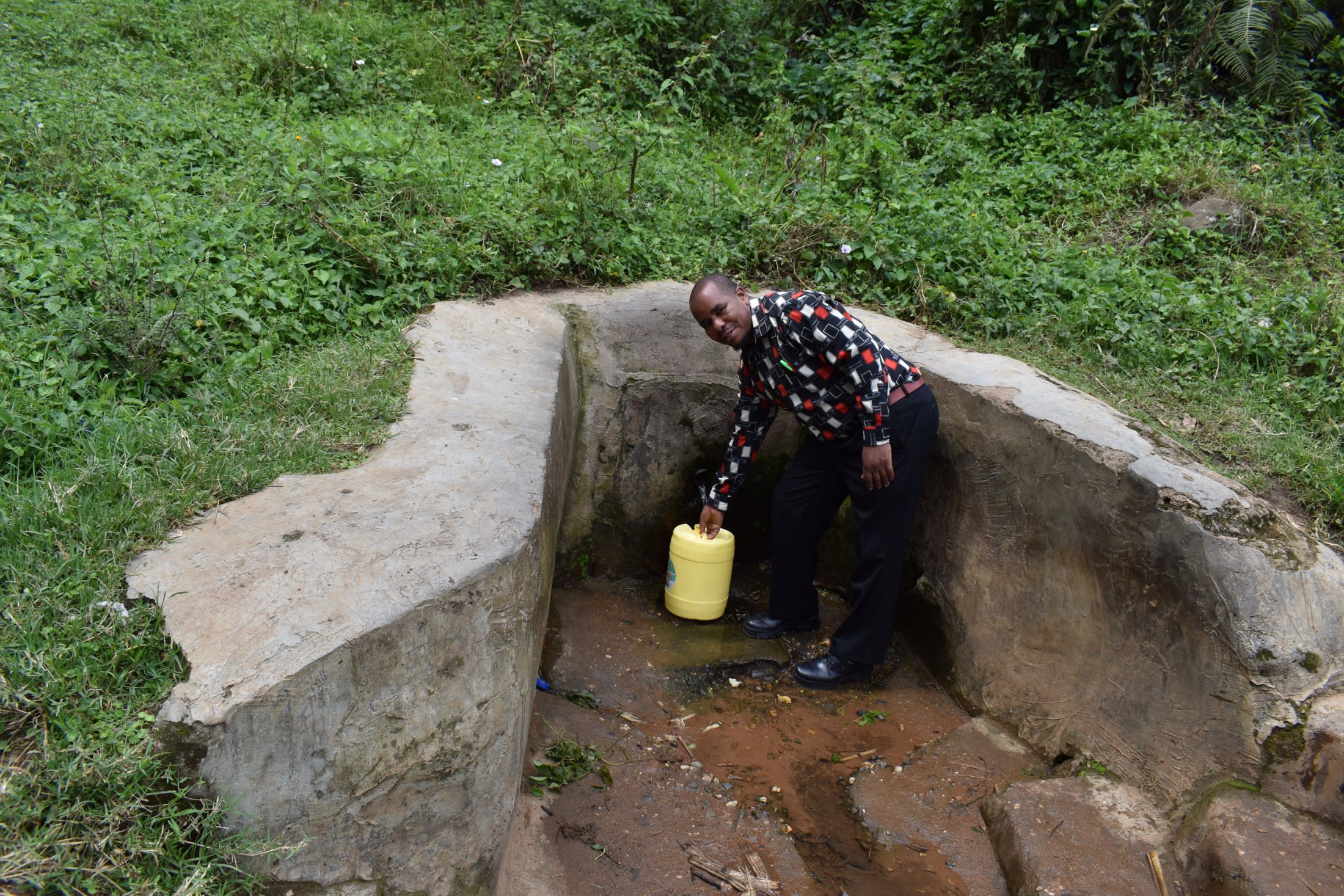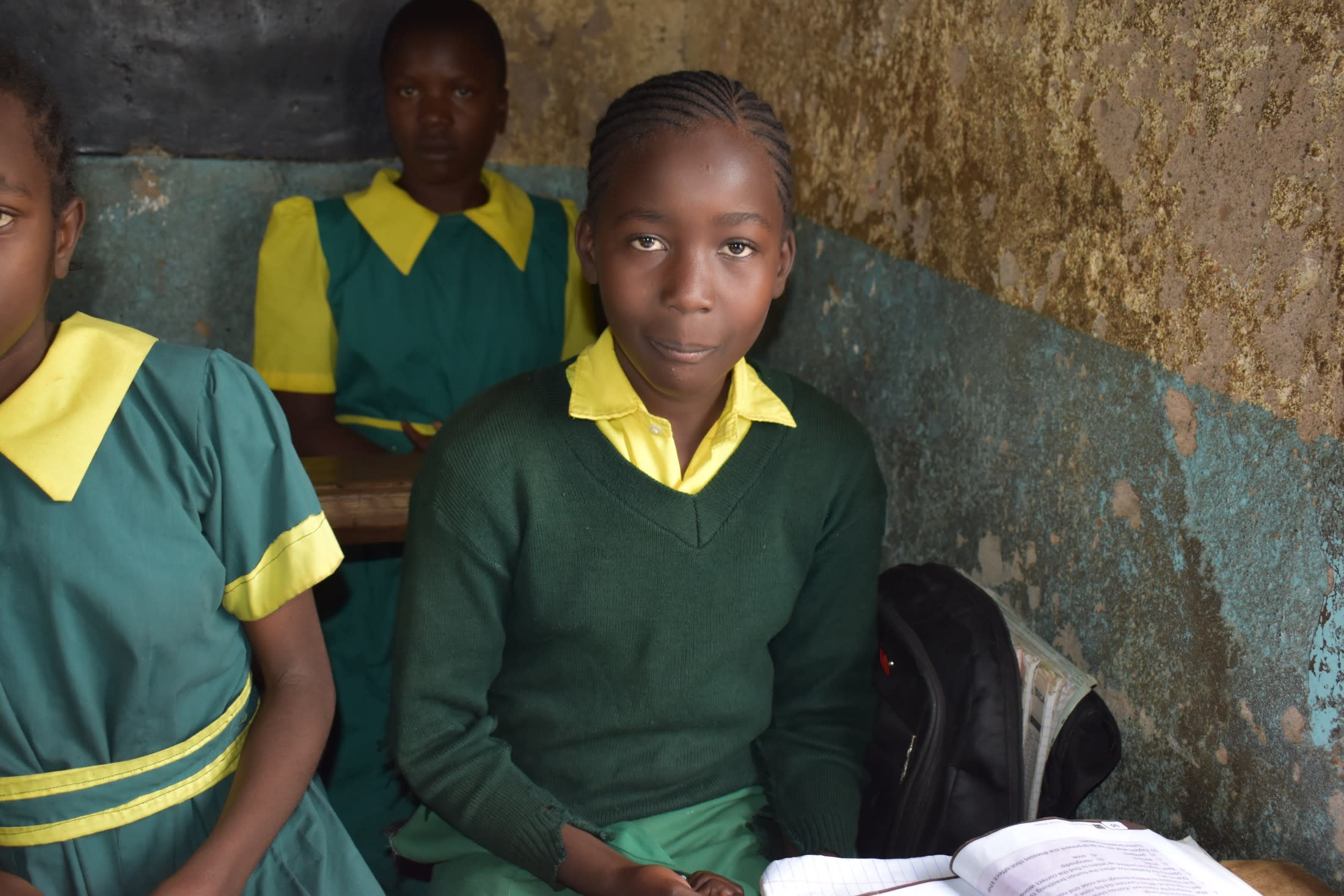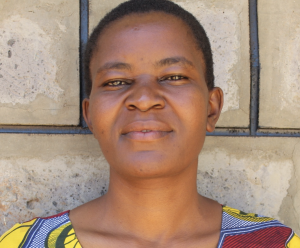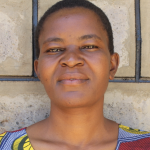Banja Muslim Primary School does not have water to meet the daily needs of its 484 students and staff. As a result, children spend a significant amount of time off the school campus collecting water when they should be learning.
At least twice a day, they leave to fetch water. Their first trip starts immediately after arriving at 6 a.m., and then they make another trip after lunch before afternoon classes.

But the spring where they collect water from is far away and is hard to access, especially during the rainy season. Students share the water point with community members, so it is overcrowded, and the water discharge is slow. Everyone becomes frustrated with the long wait times, and pupils often get pushed to the back of the line.
Spending so much time out of class collecting water is consuming students' time for learning, and their academic performances are suffering. Students are also falling behind because the water they work so hard to collect is contaminated, and when consumed, it makes them sick with water-related illnesses like typhoid and amoeba.
"Personally, [I] am forced to carry drinking water because the water that pupils bring from the spring is dirty because of poor handling. I often have typhoid that never ends because every month [I] am on medication," said 45-year-old teacher Victor Maero, shown below at the spring.

"The current water situation has affected me because [I] have been hospitalized for more than two months suffering from amoeba," said 12-year-old Zainab B., shown below in class. "Now, [I] am currently in the clinic every month. I miss classes, [and] it is expensive for my parents to manage. My performance has dropped because whenever I come back to school, I find that my fellow classmates have moved on with the syllabus, which drags me behind."

“Better water sources…mean less expenditure on health, as people are less likely to fall ill and incur medical costs, and are better able to remain economically productive. With children particularly at risk from water-related diseases, access to improved sources of water can result in better health and therefore better school attendance, with longer-term consequences for their lives.” - WHO Africa
Hopefully, installing a new well on the school campus will get students back to class and reserve their time and health for learning and improving their futures.
Water at schools is unique, which is why we need unique solutions.
The Proposed Solution, Determined Together...
At The Water Project, everyone has a part in conversations and solutions. We operate in transparency, believing it benefits everyone. We expect reliability from one another as well as our water solutions. Everyone involved makes this possible through hard work and dedication.
In a joint discovery process, community members determine their most advantageous water solution alongside our technical experts. Read more specifics about this solution on the What We're Building tab of this project page. Then, community members lend their support by collecting needed construction materials (sometimes for months ahead of time!), providing labor alongside our artisans, sheltering and feeding the builders, and supplying additional resources.
Water Access for Everyone
This water project is one piece in a large puzzle. In Kenya, Sierra Leone, and Uganda, we're working toward complete coverage of reliable, maintained water sources that guarantee public access now and in the future within a 30-minute round trip for each community, household, school, and health center. One day, we hope to report that this has been achieved!
Training on Health, Hygiene & More
With the community's input, we've identified topics where training will increase positive health outcomes at personal, household, and community levels. We'll coordinate with them to find the best training date. Some examples of what we train communities on are:
- Improved hygiene, health, and sanitation habits
- Safe water handling, storage & treatment
- Disease prevention and proper handwashing
- Income-generation
- Community leadership, governance, & election of a water committee
- Operation and maintenance of the water point
Handwashing Stations
Alongside each water source, we also provide two new gravity-fed handwashing stations that will allow everyone at the school to wash their hands without running water. Handwashing is so important to help prevent future water-related illnesses in the school community.
The student health club will maintain the stations, fill them with water, and supply them with soap (which we will teach the school community how to make during the training!).
VIP Latrines
In addition, we will construct two triple-door Ventilated Improved Pit (VIP) latrine blocks designed to prevent fecal disease transmission. Each latrine will have a cement floor, which is easy to use and clean regularly. Three doors will serve the girls, and three doors will serve the boys.



 Rehabilitation Project
Rehabilitation Project




















